National Institutes Of Health
-

Jeffrey Spraggins named director of Vanderbilt University Mass Spectrometry Research Center
Jeffrey Spraggins, a leading scientist in imaging mass spectrometry, has been named director of the Mass Spectrometry Research Center. The MSRC is a highly collaborative research entity incorporating a wide range of technologies and serving hundreds of users, including partnering with pharmaceutical companies on drug development research. Read MoreJul. 17, 2024
-

New drug candidates targeting blood clots developed through computer-aided drug design
Using computer-aided drug design, the labs of Heidi Hamm, Jens Meiler, and Craig Lindsley generated a novel series of biologically active compounds that can serve as a basis for anti–blood clot preventative drugs. Read MoreJun. 6, 2024
-
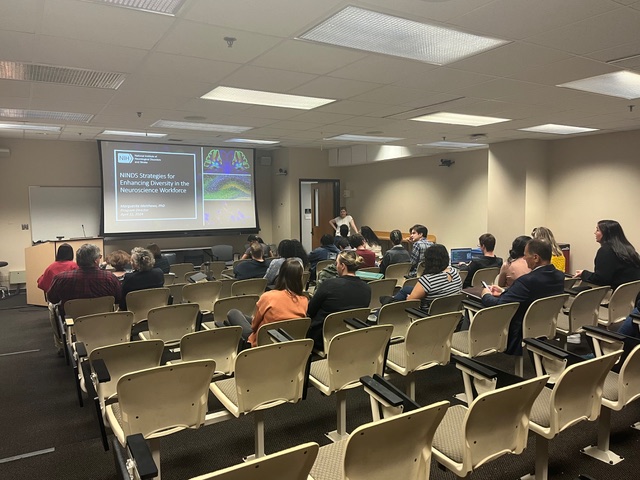
Pharmacology, VCAR prioritize diverse funding opportunities to support trainees and faculty
The Vanderbilt School of Medicine Basic Sciences’ pharmacology department and the Vanderbilt Center for Addiction Research hosted a special event on April 22 focused on the importance of funding for diverse trainees and faculty in academic settings. The speakers discussed the various grants to fund underrepresented trainees and faculty at various stages in their career. Read MoreJun. 2, 2024
-
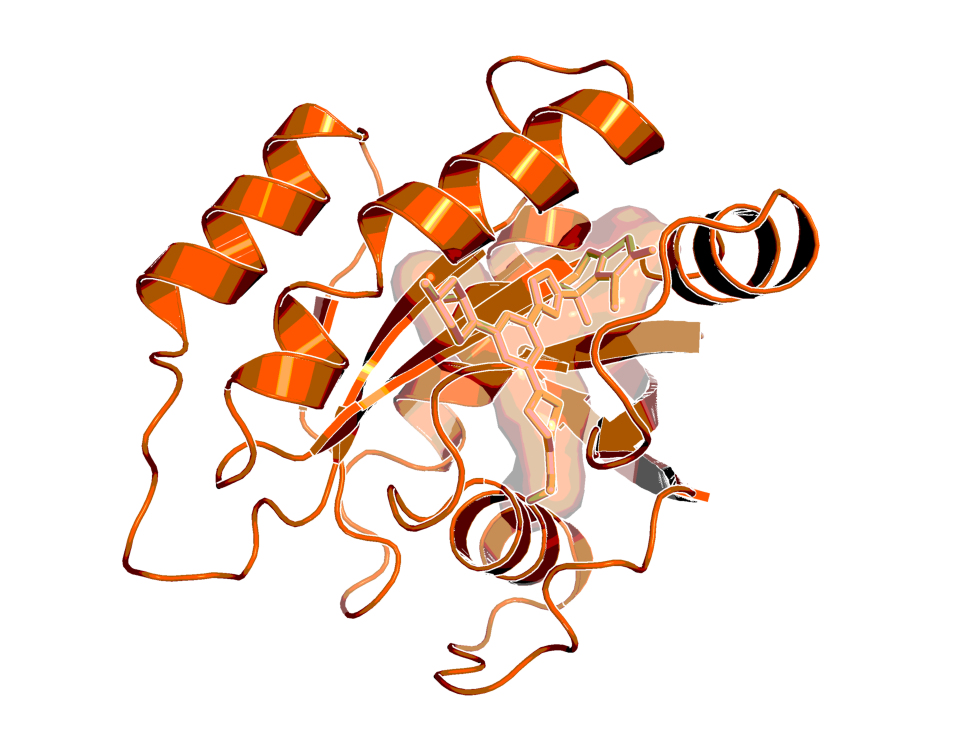
Vanderbilt-discovered cancer killing compound is now available through Boehringer Ingelheim open science portal opnMe
By targeting a notoriously undruggable protein found in many cancers, the discovery of BI-0474 may pave the way for new cancer treatments. Shared on opnMe.com by Boehringer Ingelheim, this innovative molecule is available for global researchers to explore new research avenues. Read MoreMay. 28, 2024
-
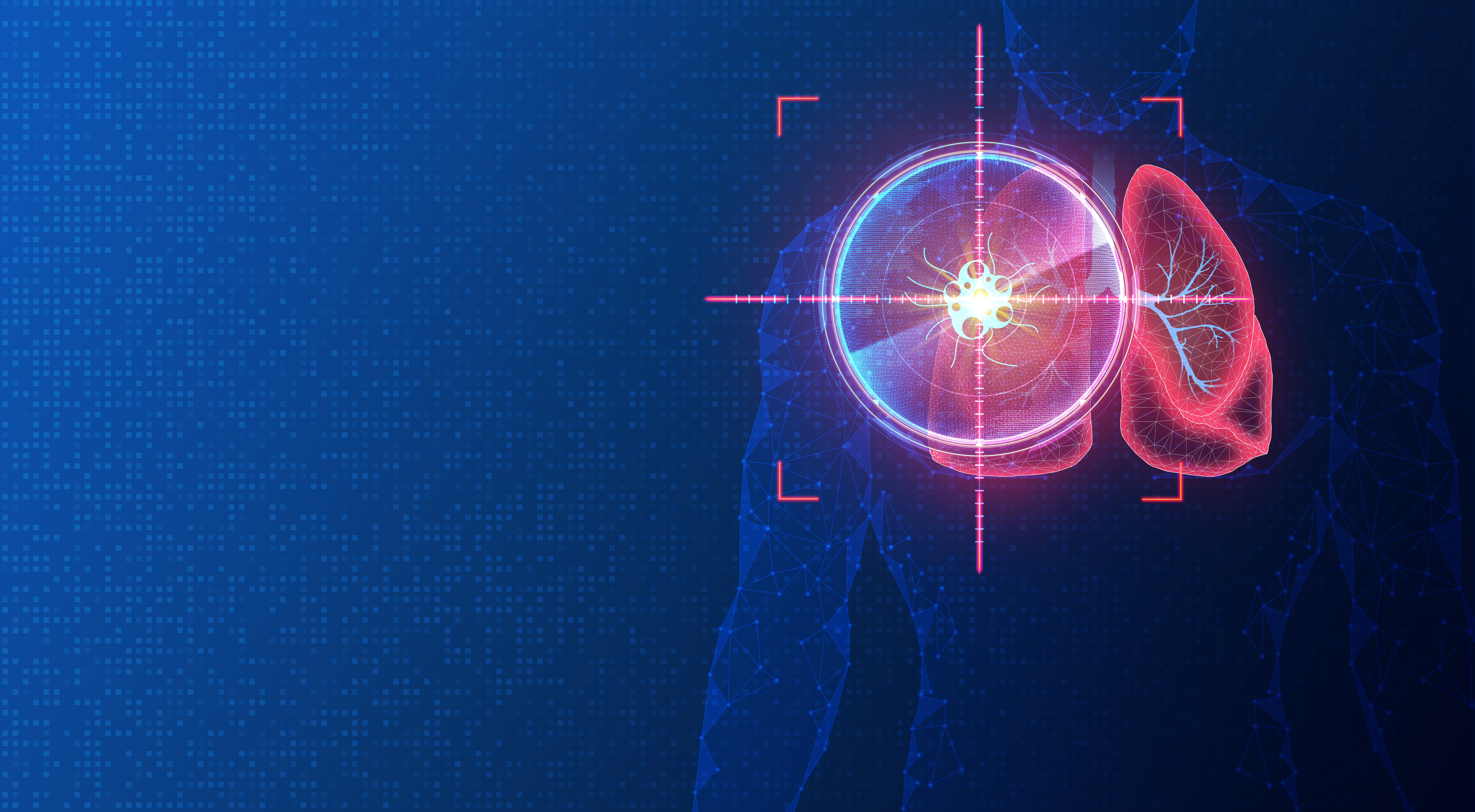
Research Snapshot: Understanding protein mutations that affect gene expression
Foundational research from the Hiebert lab reveals genetic targets that can be leveraged to identify therapies that affect lymphoma cell growth. Read MoreMay. 23, 2024
-

School of Medicine Basic Sciences among nation’s top NIH-funded departments with more than $65 million in FY2023; cell and developmental biology No. 3 nationally
Vanderbilt’s cell and developmental biology department is the third-most NIH-funded in the nation. Biochemistry, pharmacology, and molecular physiology and biophysics are in the top 15. Read MoreMay. 7, 2024
-
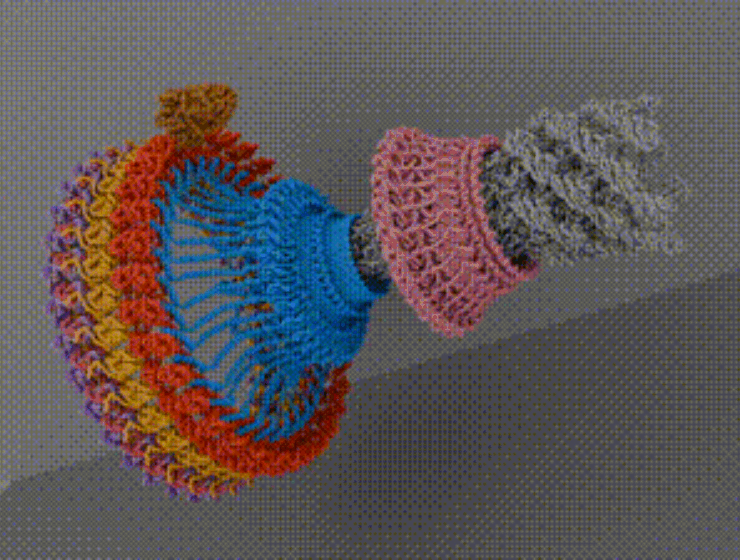
New structures offer insight into how a bacterial motor powers bacterial chemotaxis, a key infectious process
An international collaboration led by Professor of Pharmacology Tina Iverson identified how bacteria move in response to their environment, a process essential for infection by pathogens. Read MoreApr. 17, 2024
-
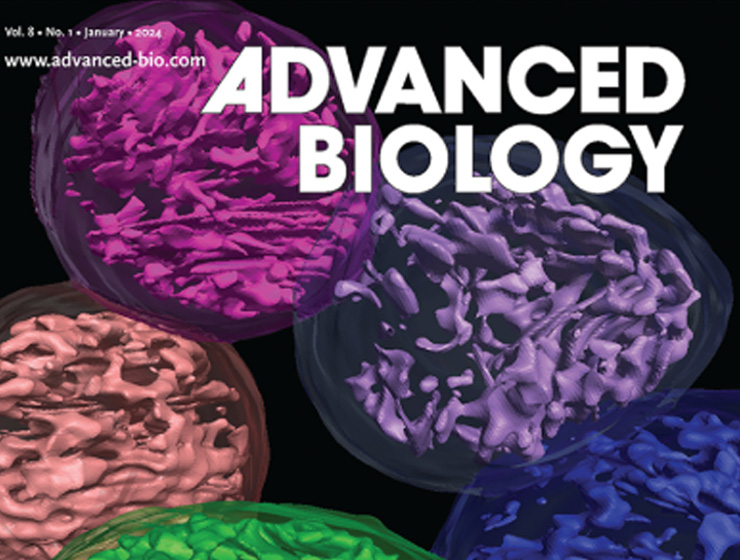
Hinton lab maps structure of mitochondria at different life stages
Antentor Hinton Jr. spearheaded a collaboration with labs from across Vanderbilt University, the U.S., and Brazil to create 3D maps of mitochondria inside brown adipose tissue, which may help researchers identify potential therapies to treat metabolic ailments. Read MoreApr. 4, 2024
-
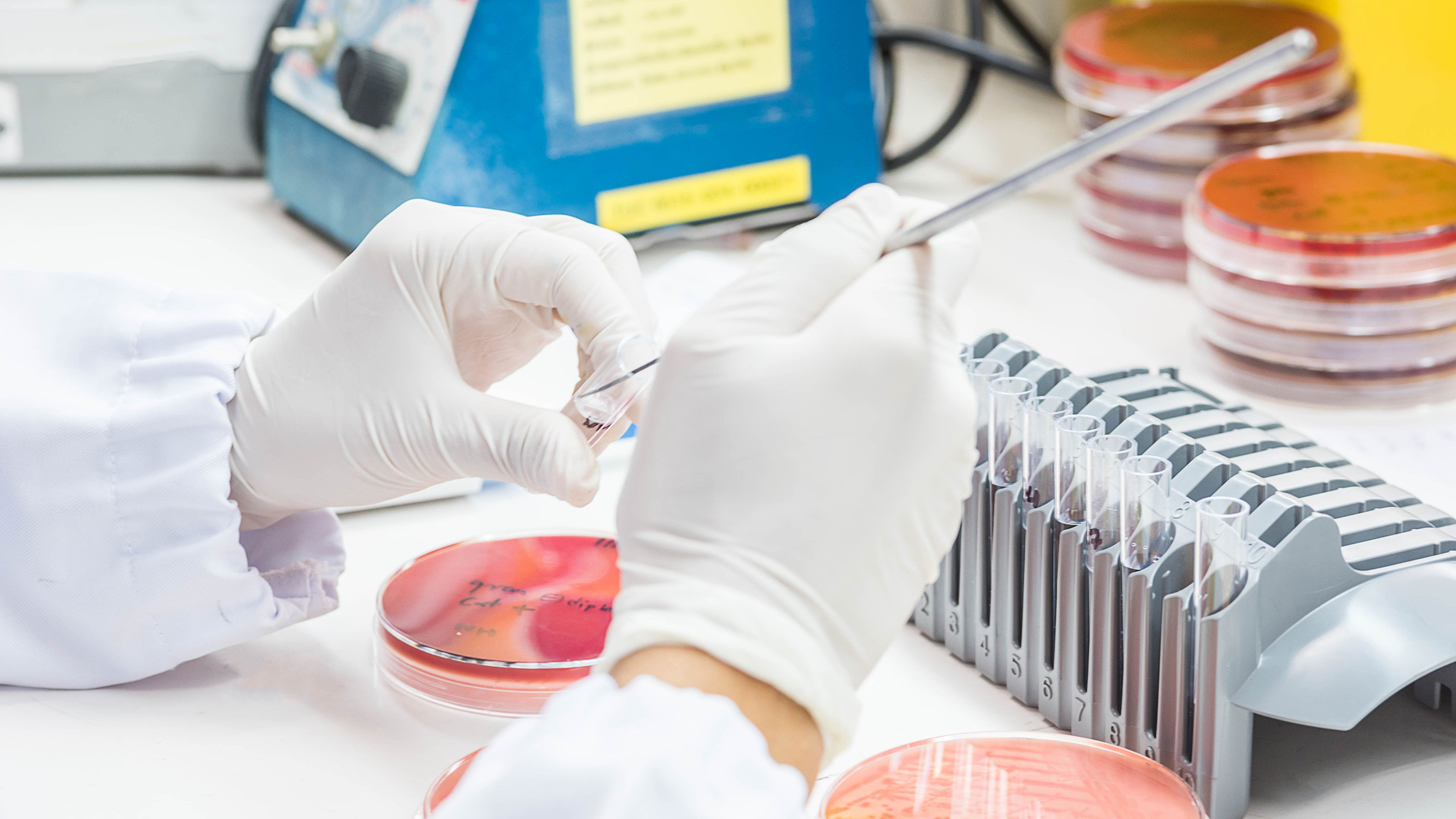
Vanderbilt biochemists contribute to breakthrough discovery of first new antibacterial class in decades
Led by Neil Osheroff, Vanderbilt researchers are the first to undertake a systematic analysis of the mechanism of action of geoptidacin. Gepotidacin is poised to become the first new class of antibacterials to be approved for use in humans in decades. Read MoreMar. 26, 2024
-
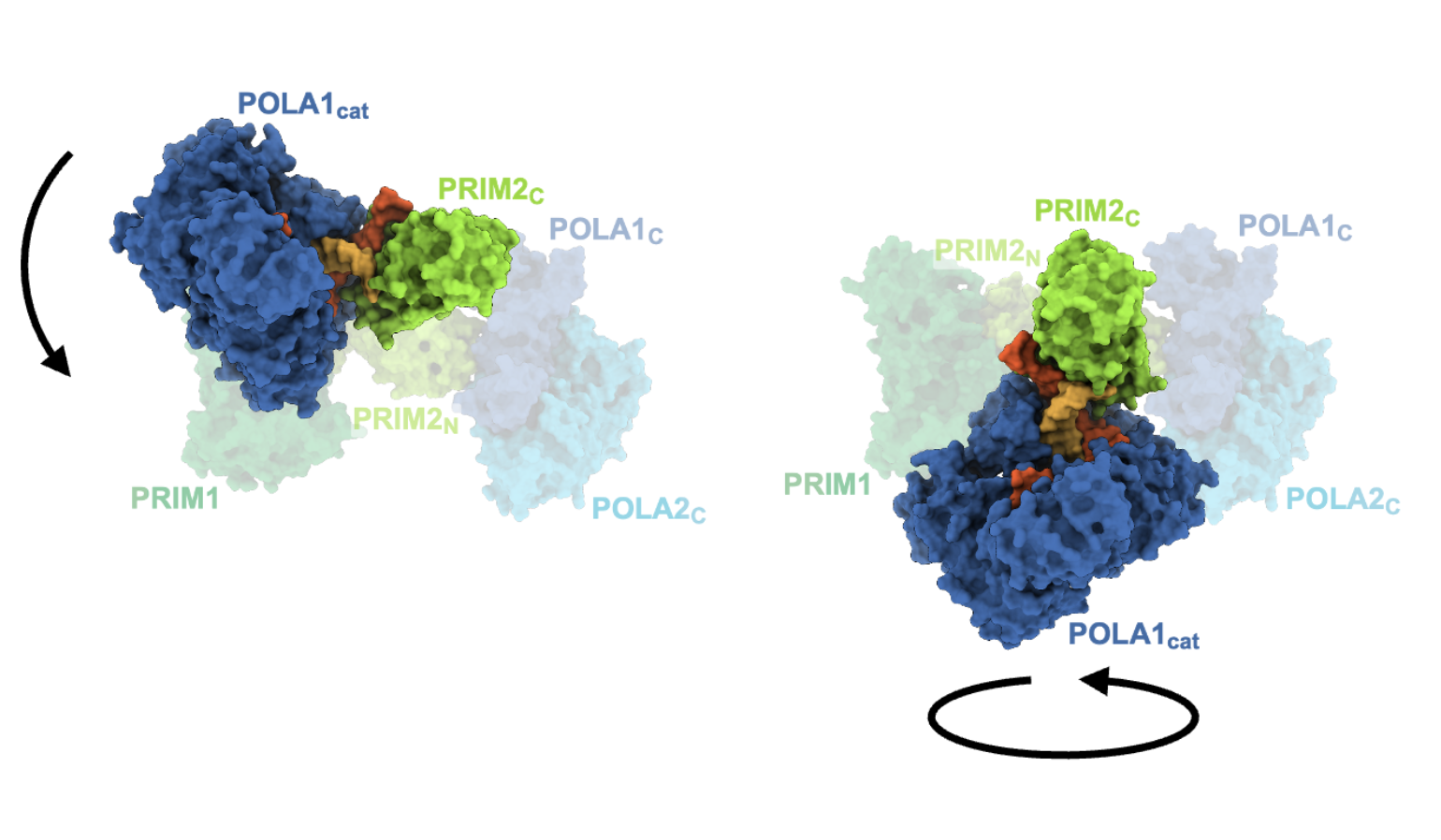
Q&A: Illuminating a critical step in initiating DNA replication in eukaryotes
Brandt Eichman and Walter Chazin, professors of biochemistry, worked together to provide a better understanding of how exactly DNA replication is initiated. Their work will influence novel small molecule modifier designs that may serve as tools for detailed studies of DNA replication in cells and eventual therapies. Read MoreMar. 15, 2024